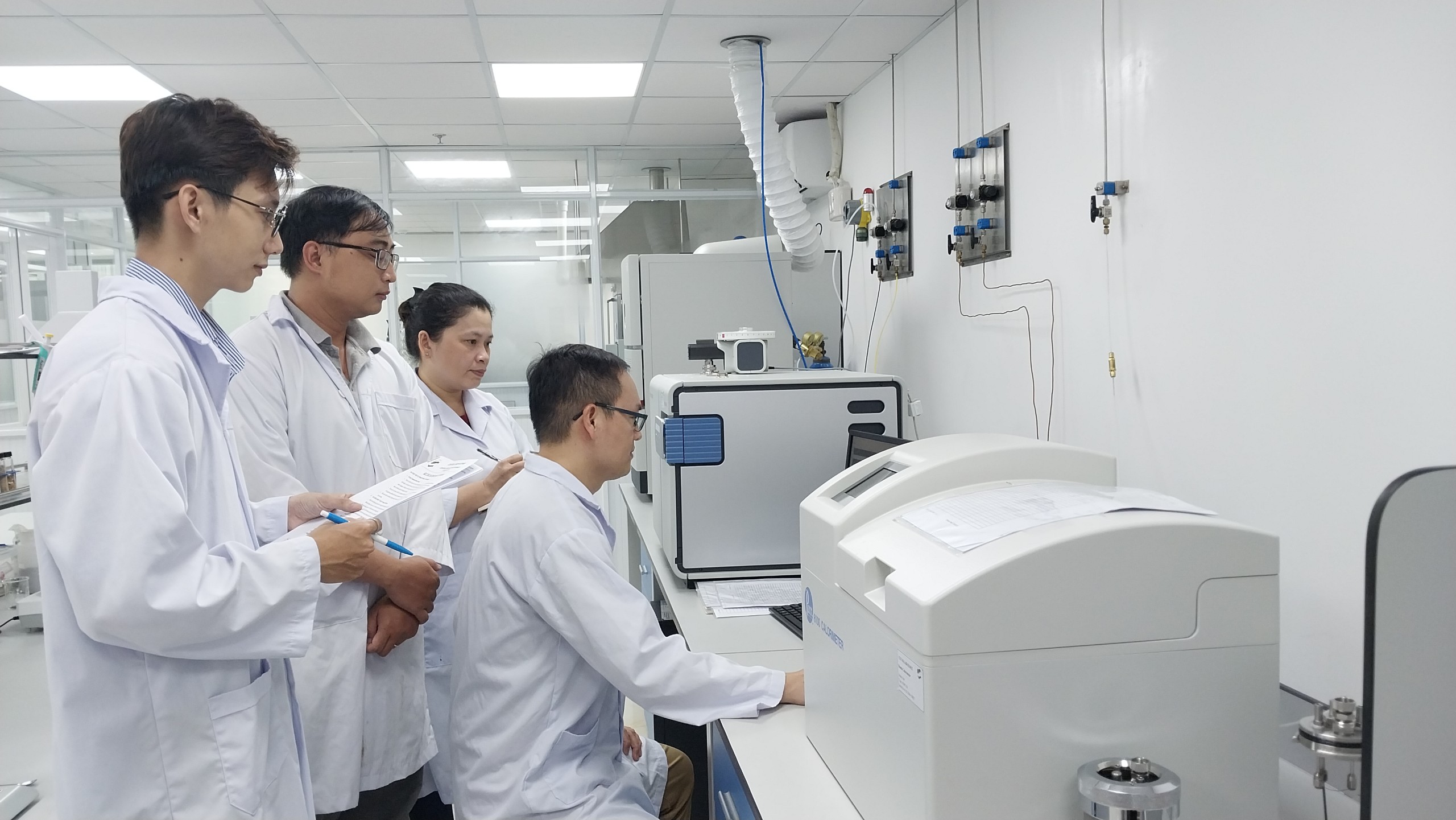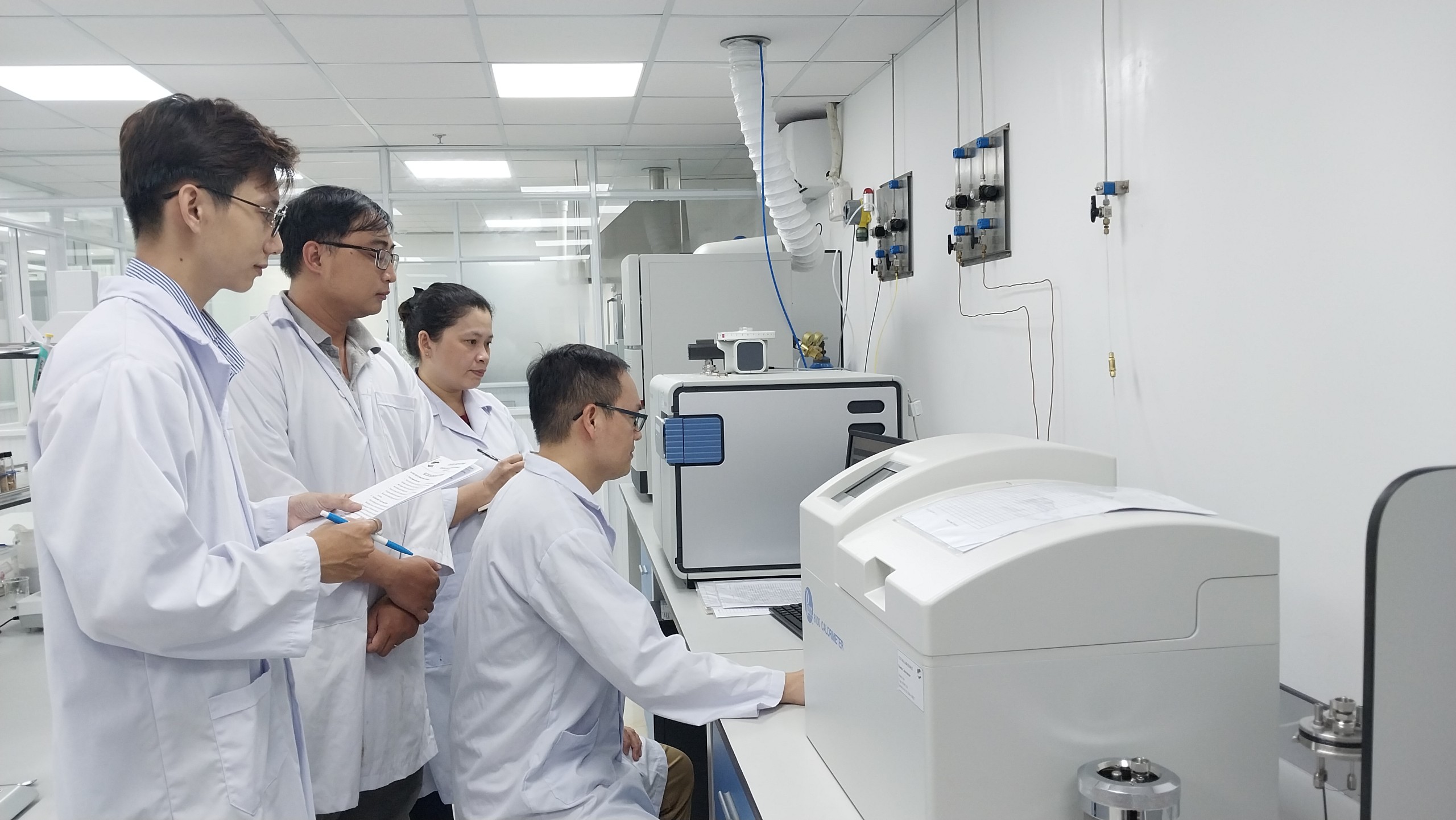Emerging trends in food testing laboratories: technological advancements

Emerging Trends in Food Testing Laboratories: Technological Advancements
Food safety and quality are of paramount importance in today’s world, as consumers become more conscious of what they eat. Food testing laboratories play a crucial role in ensuring that the food we consume meets the necessary standards. Over the years, significant advancements in technology have revolutionized the field of food testing, enabling laboratories to perform more accurate and efficient analyses.
Rapid Testing Methods:
One of the most prominent trends in food testing laboratories is the development and implementation of rapid testing methods. Traditional testing procedures often required several days or even weeks to obtain results, causing delays in identifying potential foodborne hazards. However, recent advancements have introduced innovative techniques that provide results within hours or even minutes. Technologies such as polymerase chain reaction (PCR), enzyme-linked immunosorbent assays (ELISA), and next-generation sequencing (NGS) have significantly reduced testing times, enabling laboratories to detect contaminants and pathogens more swiftly.
Portable and Handheld Devices:
The advent of portable and handheld devices has revolutionized the way food testing is conducted. These compact devices have the capability to analyze food samples on-site, eliminating the need for transportation to a laboratory. With the integration of technologies such as spectroscopy, biosensors, and chromatography, these devices can quickly detect contaminants, allergens, and adulterants in food products. Portable devices and apps not only save time but also provide a cost-effective solution for routine testing in industries such as agriculture, manufacturing, and catering.
Automation and Robotics:
Automation and robotics have transformed the efficiency and accuracy of food testing laboratories. Robotic systems can handle repetitive tasks, such as sample preparation, pipetting, and dilution, with precision and speed. This reduces the risk of human error and increases the throughput of laboratory operations. Additionally, automated systems are equipped with sophisticated software that can analyze and interpret data, further streamlining the testing process. Laboratories employing automation and robotics can significantly enhance productivity and reliability while reducing costs.
Big Data Analytics and Artificial Intelligence (AI):
The proliferation of big data analytics and AI has had a profound impact on food testing laboratories. By integrating these technologies, laboratories can analyze large volumes of data, identify patterns, and make data-driven decisions. AI algorithms can assist in detecting anomalies, predicting spoilage, and identifying potential hazards, thereby ensuring better food safety and quality control. Furthermore, AI-powered systems can also assist in risk assessment, optimizing laboratory workflows, and improving the overall efficiency of testing processes.
Blockchain Technology:
Blockchain technology has gained traction in the food industry, offering transparency and traceability in supply chains. Food testing laboratories can leverage this technology to record and store test results, certifications, and other relevant data securely. Blockchain ensures that the information is immutable, tamper-proof, and accessible to all stakeholders, promoting trust and accountability. This technology can be particularly useful in identifying the source of contamination outbreaks and managing recalls swiftly and efficiently.
The food testing industry is undergoing a rapid transformation due to technological advancements. The emergence of rapid testing methods, portable devices, automation, AI, and blockchain technology has revolutionized the way food testing laboratories operate. These innovations have enabled Control Union’s laboratories to improve the speed, accuracy, and efficiency of their testing procedures, ensuring the safety and quality of the food we consume. As technology continues to advance, we can expect even more exciting developments in the field of food testing, further enhancing the protection of public health and the integrity of our food supply chains. At Control Union and TLR we are always looking for ways to improve.

Contact us
Our network of independently operating service providers are specialised in testing for inspection and certification of feed, ingredients for mixed foods, textiles and fuel. Contact us and we will assist you in the best possible way.
